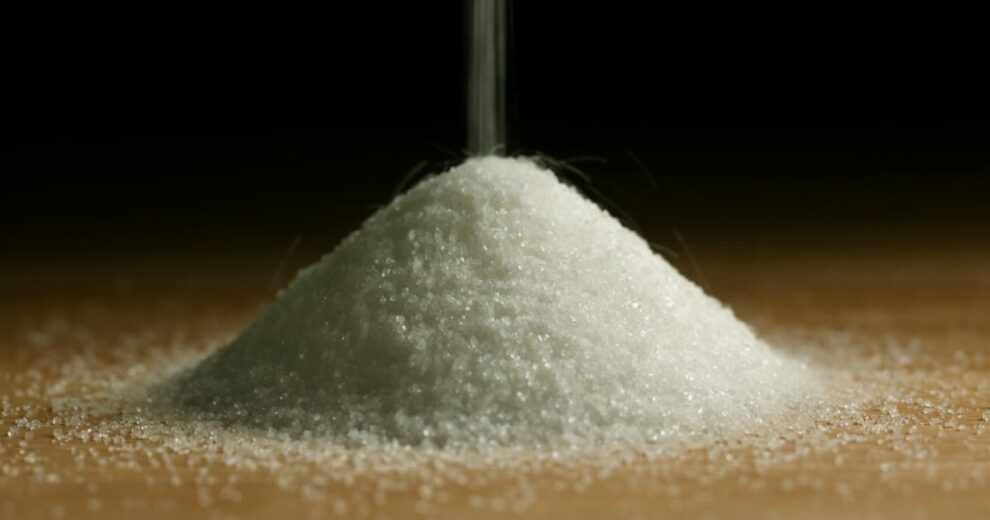Egypt’s supply minister has said he will ask the cabinet to introduce price controls for sugar early next month if soaring prices of the commodity do not stabilise.
A gap in sugar supplies has led to rising prices and shortages in unsubsidised sugar at some shops, the latest example of the impact of record inflation that has accompanied continuing pressure on the currency in recent months.
The price of one kilo of white sugar rose to 55 Egyptian pounds ($1.78) this month from EGP 40 in October, said President of Egyptian merchant Mediterranean Star Hesham Soliman.
Egypt’s supply minister Aly Moselhy has blamed the issue on “irregularities in distribution”.
Soliman said several factors were to blame including high global prices due to tightening supplies, a difficulty in sourcing dollars for imports as well as Egyptian fees on importing refined sugar.
In the past few weeks, the government has tried to mitigate the rise in prices by selling discounted sugar in some outlets across the country.
It also started offering sugar it had bought through international tenders on the local commodities exchange, selling it to the private sector in a bid to lower prices.
The government had previously introduced price controls in the private rice trade, an unpopular move that caused suppliers to lower their output.
Separately, Moselhy said on an Egyptian late night talk show on Sunday that President Abdel Fattah al-Sisi gave initial approval for the government to sell subsidized bread at a cost price of 1 EGP per loaf to people not enrolled in its bread subsidy programme.
Tens of millions of Egyptians with subsidy cards already have access to cheaper bread, but the idea, which was first floated earlier this year, would introduce a slight subsidy from the market price to non-holders of subsidy cards.
The Ukraine war delivered a broad shock to Egypt’s economy, causing it to face an acute foreign currency shortage. Egypt’s currency tumbled and inflation soared to record highs.
Source: Nasdaq















